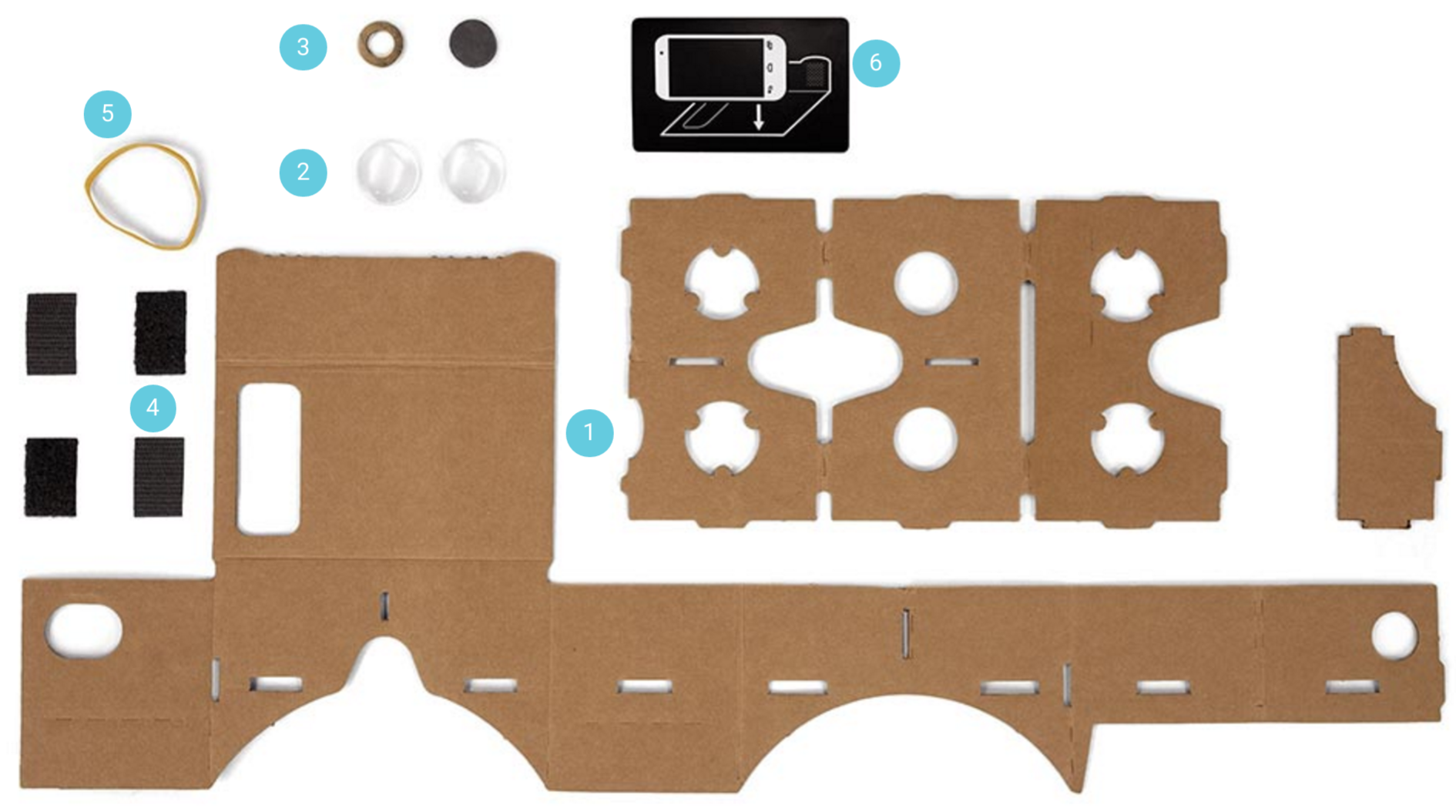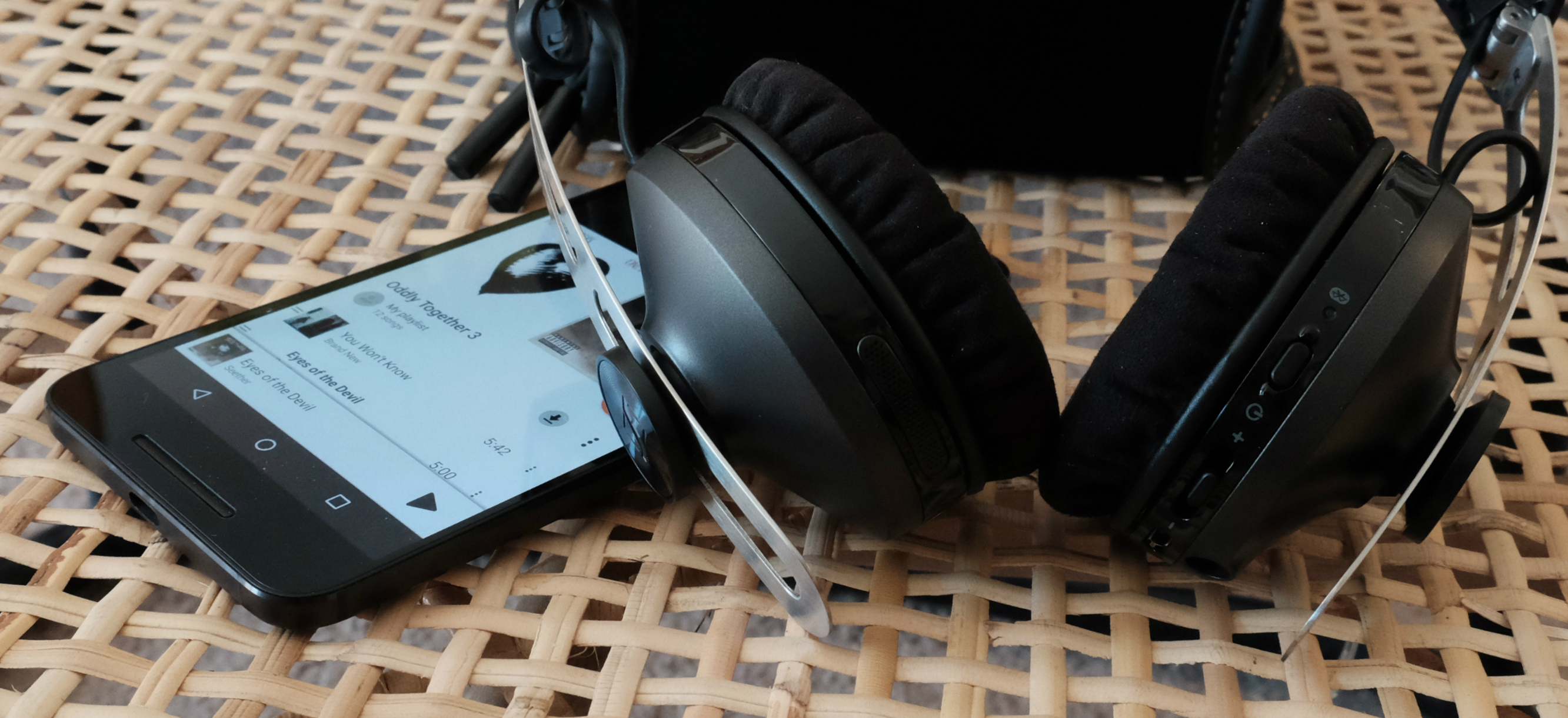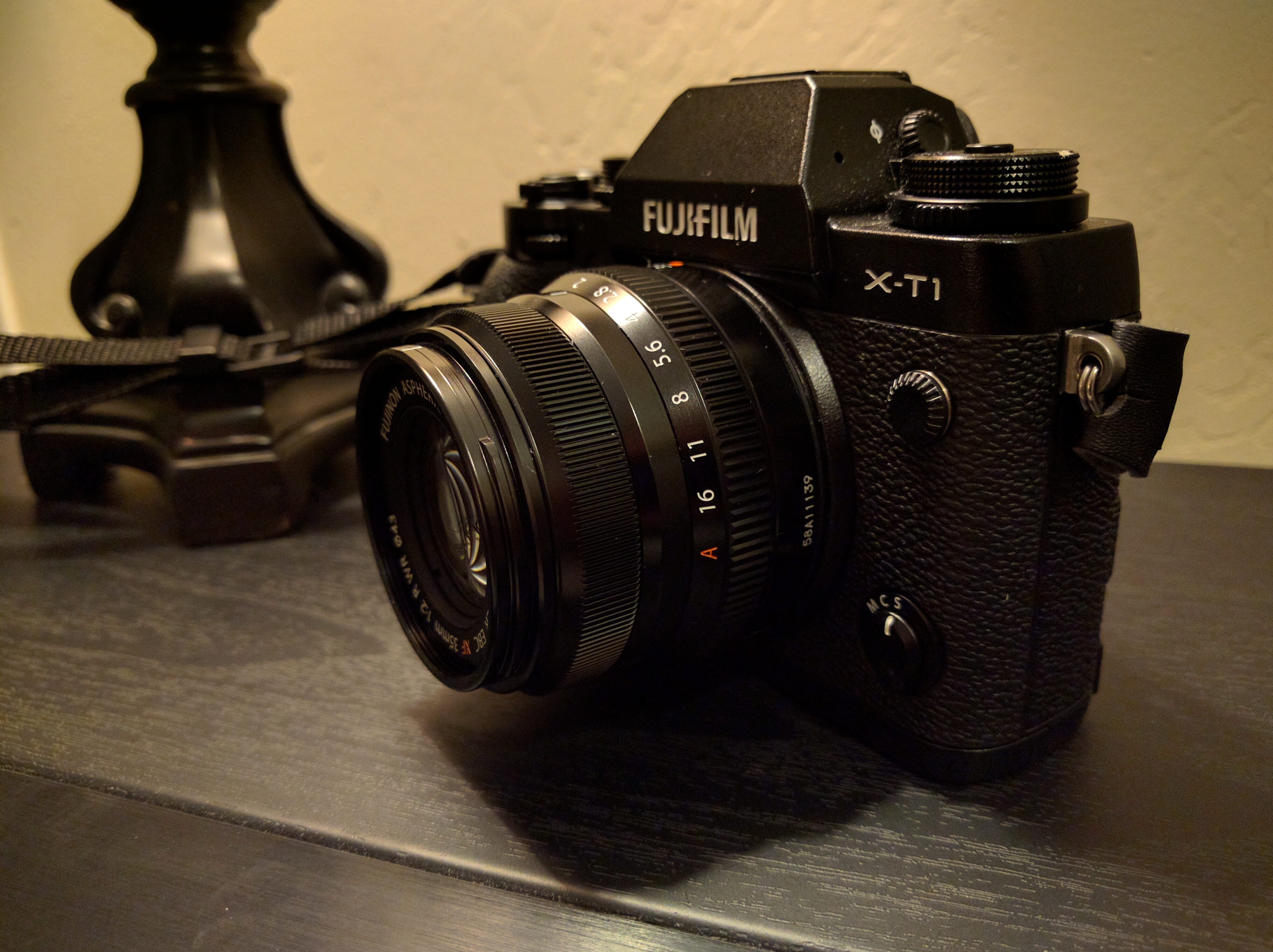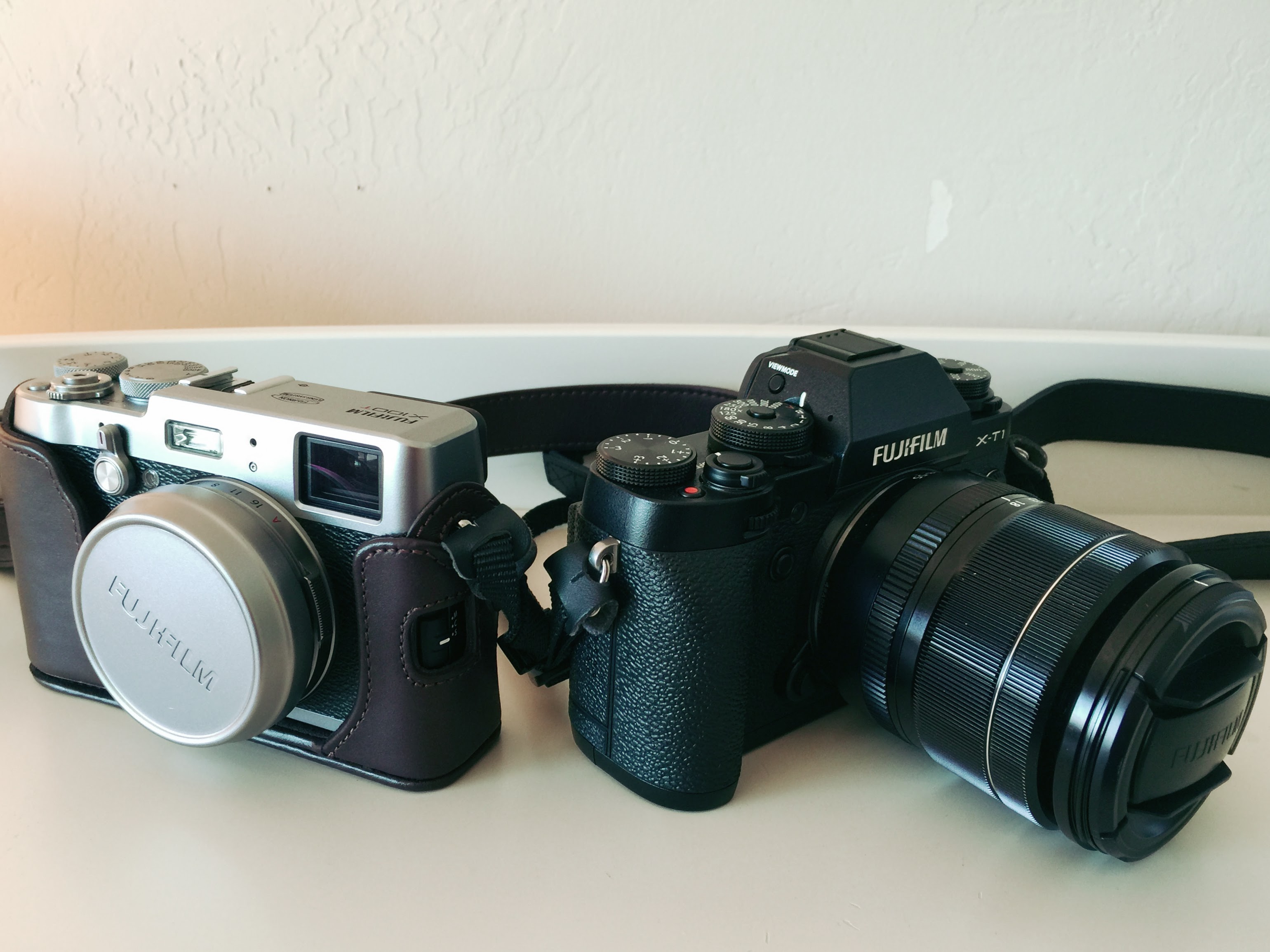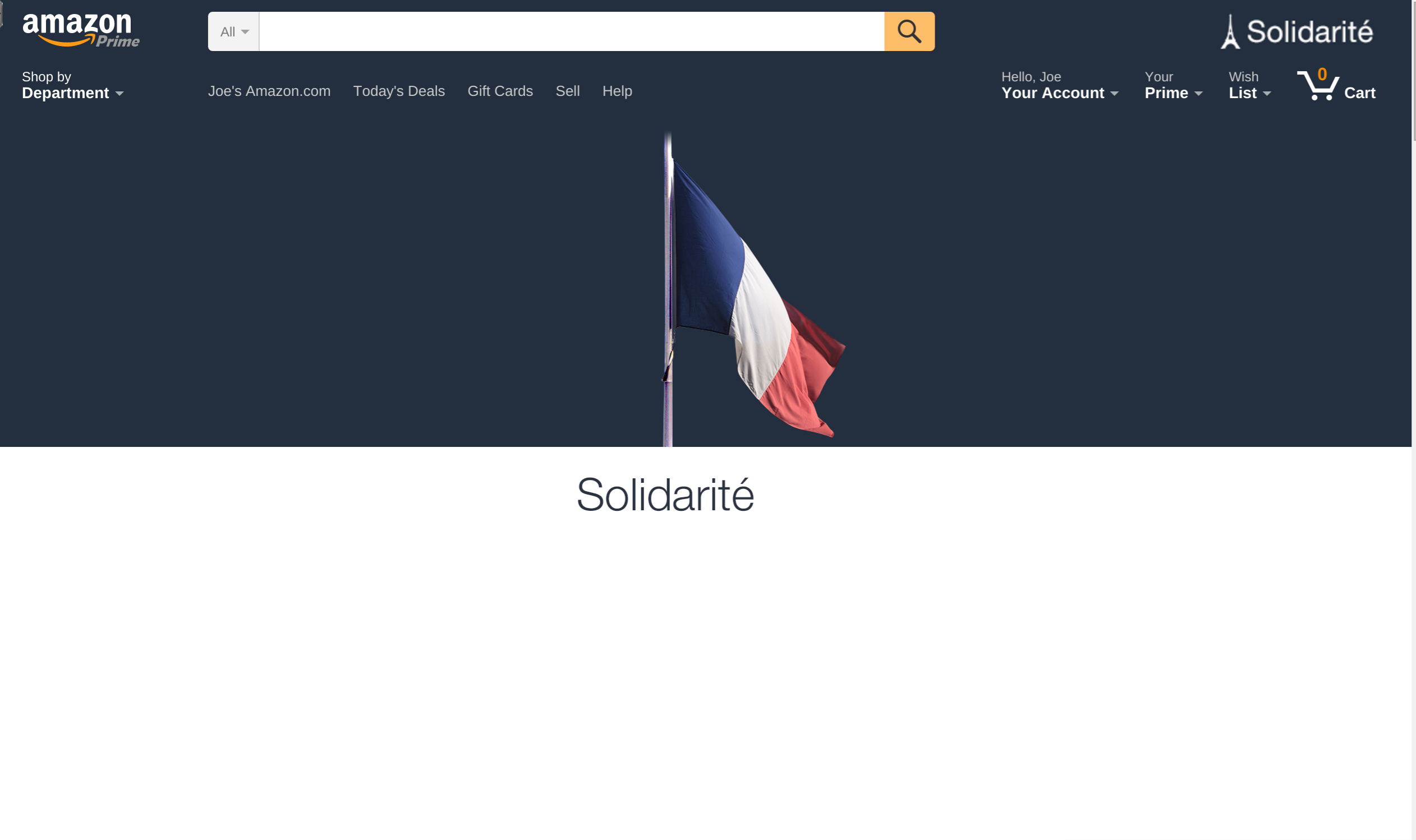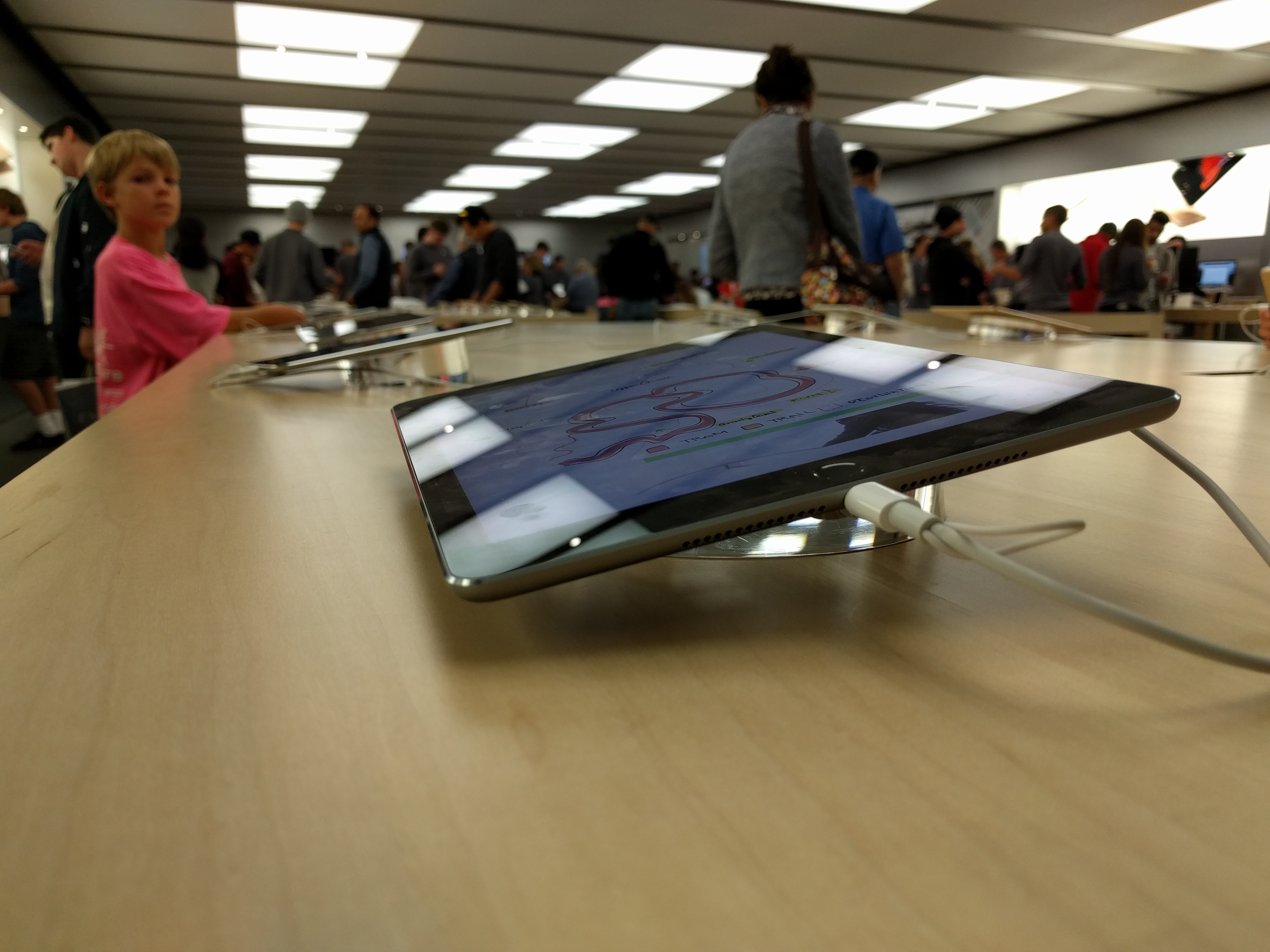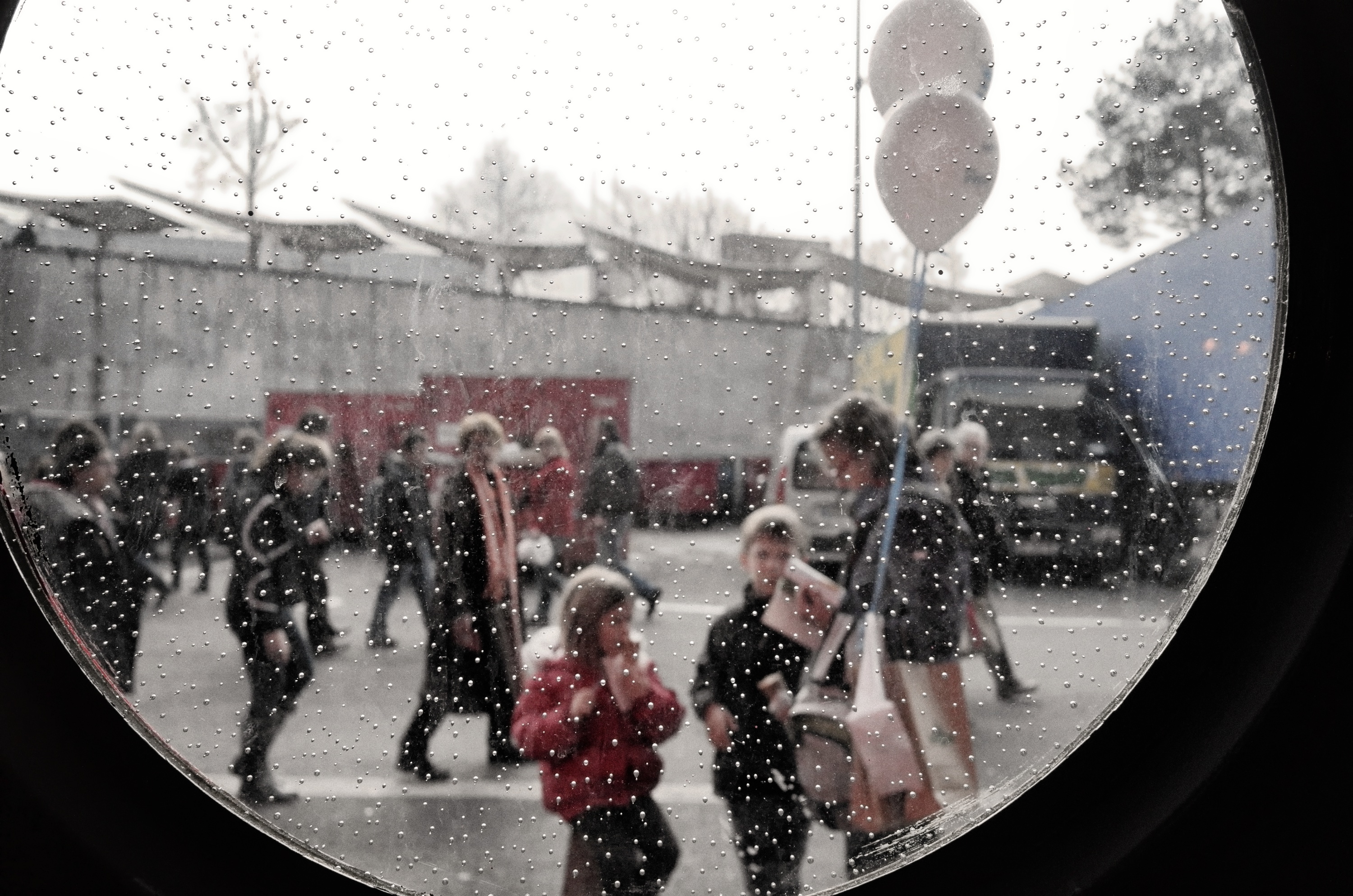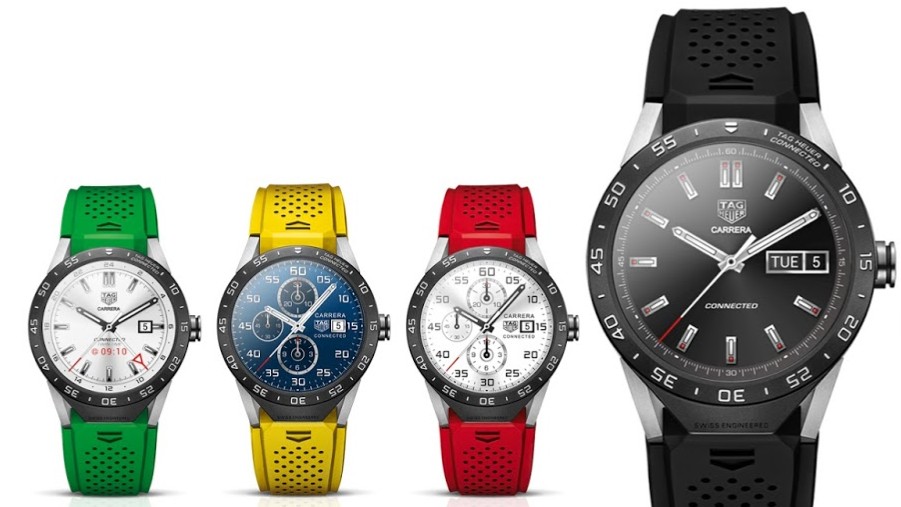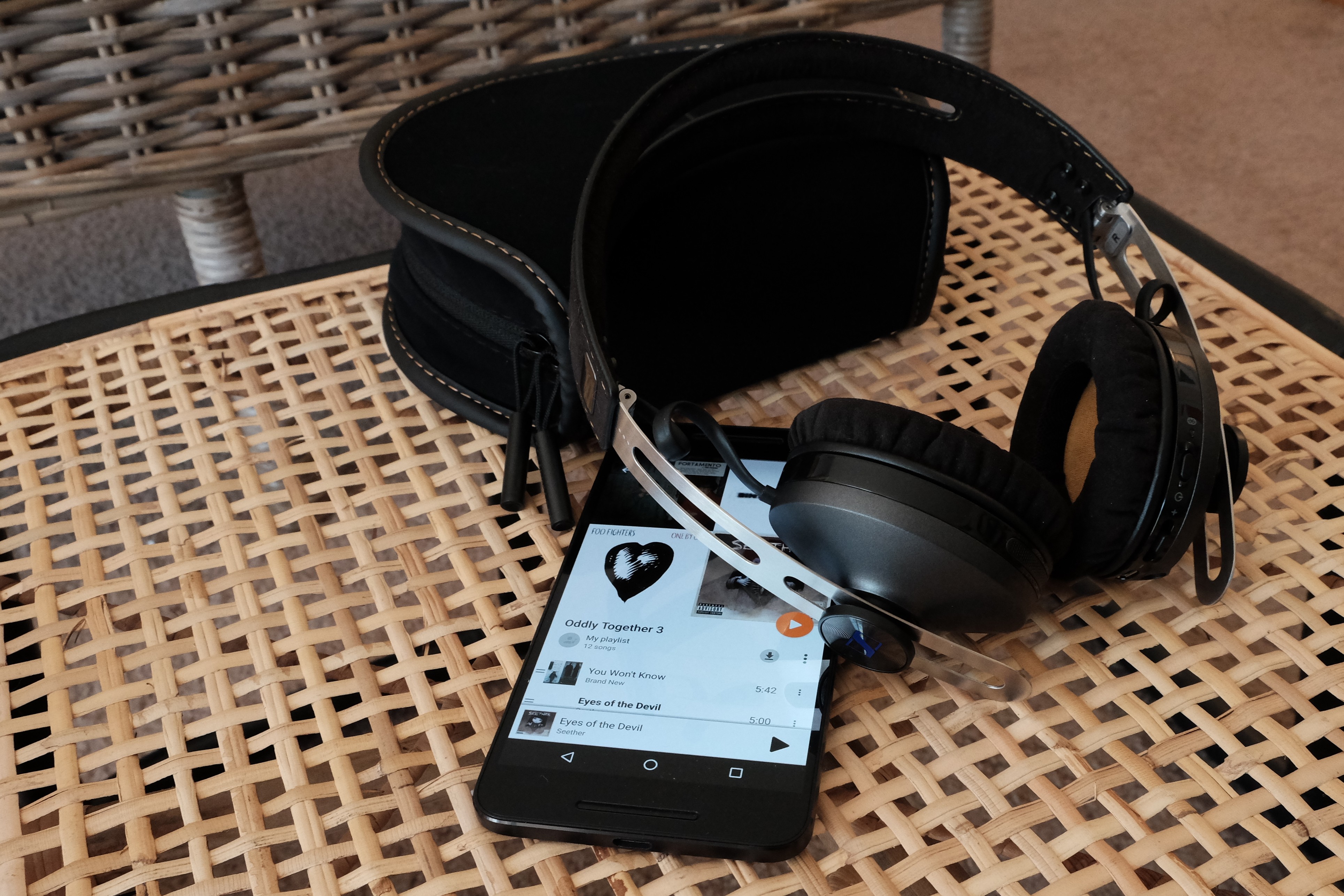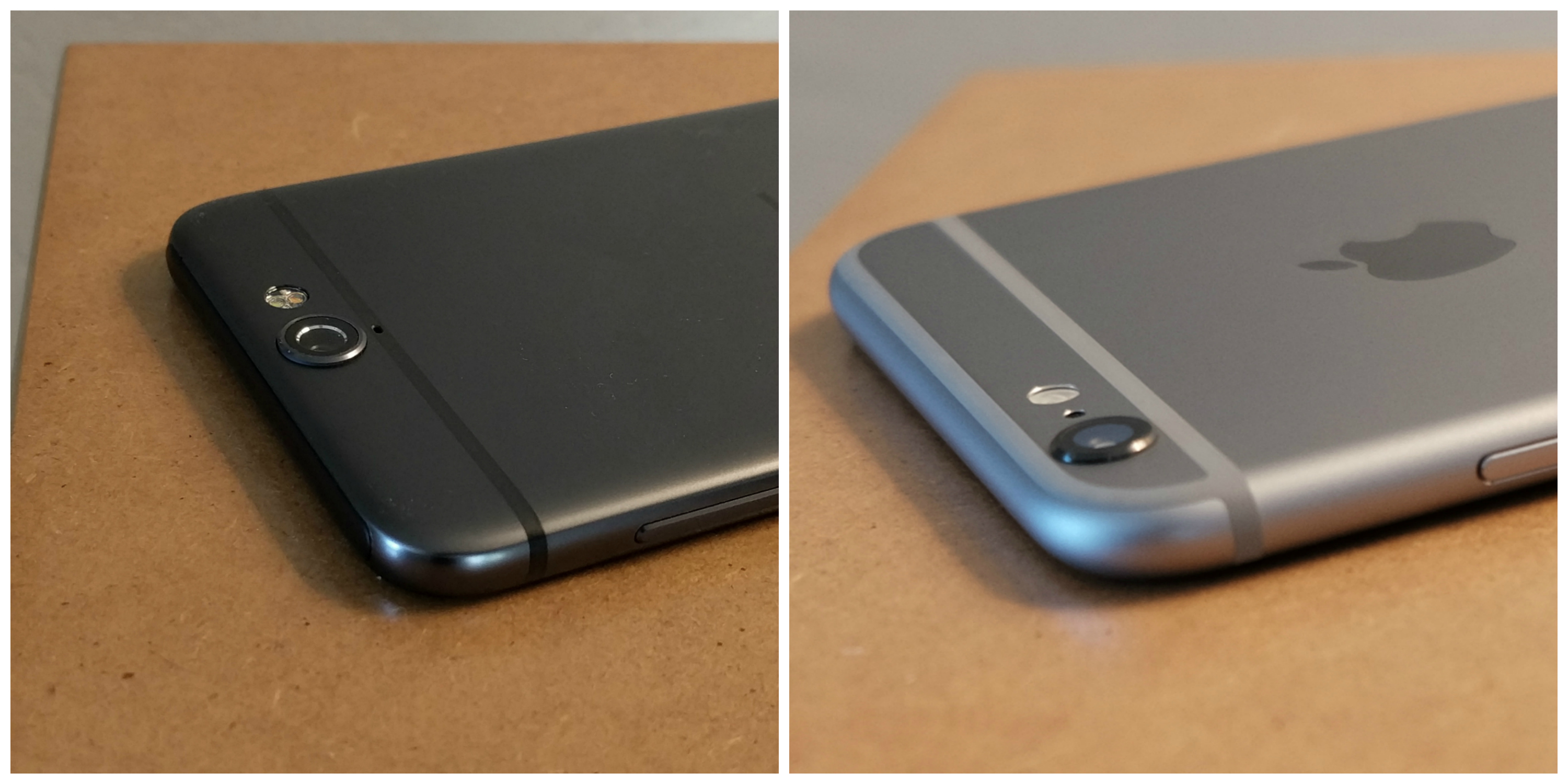Today the New York Times spammed my inbox: “We’ve just launched an innovative virtual reality platform that will transform the way you experience stories. As one of our most loyal digital subscribers, you are entitled to a complimentary Google Cardboard virtual reality viewer for an enhanced viewing experience”.
I took advantage of the freebie, thinking that this thing, which literally is a cardboard box, should be an April Fool’s hoax. I kinda heard about it before but ignored. Cardboard boxes are for Amazon packages and cat play after they arrive. High-tech gadgetry, c`mon? What? Is this the newest thing in recyclable tech?
